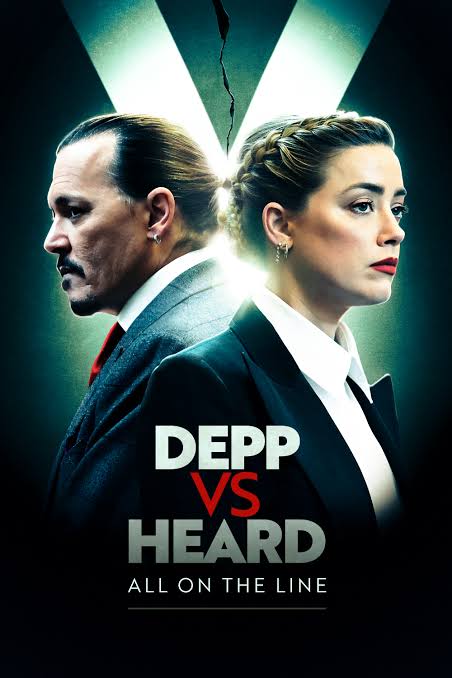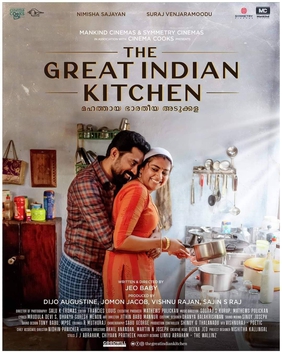Table of Contents
Curtain Raiser
Cinema has long been a medium through which the complexities of human existence are explored, social and personal engagement are tested, emotions are stirred, and meaningful messages. Cinema, unlike other forms of art, is a collaborative effort of conveying something unique through each of the films created.
One such film that delves into the depths of life and its myriad facets is “Yeh Jawaani Hai Deewani,” a Bollywood romantic drama directed by Ayan Mukerji. Released in 2013, the film captivated audiences with its vibrant visuals, heartfelt storytelling, and, most importantly, the profound message it imparts about life.
The Theme and Takeaway
At its core, “Yeh Jawaani Hai Deewani” revolves around the lives of four friends: Bunny (played by Ranbir Kapoor), Naina (played by Deepika Padukone), Aditi (played by Kalki Koechlin), and Avi (played by Aditya Roy Kapur). The story follows their journey from carefree college days to adulthood, as they confront their dreams, aspirations, relationships, and the passage of time. Through the character development and the events that transpire, the film beautifully portrays several key life lessons.
1. Follow your Dreams
One of the central themes of “Yeh Jawaani Hai Deewani” is the pursuit of dreams and passions. Bunny, an adventurous and ambitious individual, aspires to travel the world and become a renowned videographer. He represents the unabashed pursuit of his dreams and challenges conventional norms set by society, peer groups, family, and logic too. But the way he follows his passion doesn’t anger. It is rather infectious and liberating. His determination to chase his dreams reminds the viewers that life is too short to be confined by societal norms or others’ expectations. The film encourages its viewers to identify their true passions and take the necessary steps to pursue them, even if it means stepping out of their comfort zones.
2. Friendship
The strong bond shared by the four friends, Bunny, Naina, Aditi, and Avi, exemplifies the importance of genuine friendships, emotional anchoring, and the comfort of being yourself. The first part of the “Yeh Jawaani Hai Deewani” creates the basic mooring of the interpersonal relationship, the comfort zones, and the rule of engagement i.e. there are no rules in a friendship. A childhood companionship is not a prisoner of any expectation norms of behavior nor does it considers being judged before it does or says things. It turns out a den of liberation of equals. As the years pass and they go their separate ways, their friendship remains a constant source of support and happiness. The film brings forth the nuanced significance of nurturing relationships, staying connected, and being there for one another through thick and thin. The emotional support and frank plain speaking space provided a self-discovery.
3. Change inevitable
“Yeh Jawaani Hai Deewani” underscores the inescapability of change and the necessity to adapt to it. All characters go through the experiences of life, their reflection on the consequences, and gradual evolution. Naina’s transformation from a timid, introverted individual to a confident, outgoing woman reflects the power of self-discovery and personal growth. Aditi’s journey from an extrovert to a tomboyish persona to a saner and coy womanhood. This change is mirrored in all the characters as they confront life’s challenges, demonstrating that change is not something to be feared but rather embraced as an opportunity for growth. But Avi’s character shows that that is not a limitation of this premise that changes have to happen to everyone, learning is a common human phenomenon.
4. Living in the Present
The “Yeh Jawaani Hai Deewani” encourages its audience to savor the present moment. Bunny’s realization that capturing life’s moments is more important than capturing them on camera serves as a poignant reminder that experiences are more meaningful when lived fully rather than simply documented. It is more meaningful to detach from the incessant rush of life, appreciate the beauty around you, and be present at the moment. The power of “now’.
5. Balancing Ambition and Relationships
There are two parallel themes in “Yeh Jawaani Hai Deewani” where the main protagonist, Bunny’s dilemma of making a choice between the pursuit of his dream and passion and his emotional needs makes him think about the limitation of his chosen life. The demise of his father while he was away and his inability to attend to his worldly duty as a son rankles him. Bunny’s internal conflict between his wanderlust and his emotional need expressed in his growing affection for Naina, illustrates the delicate balance between personal ambitions, its limitation, and the emotional anchoring of relationships. The film reminds that while chasing dreams is important, it’s equally crucial to maintain meaningful relationships and not let them be overshadowed by your aspirations.
Yeh Jawaani Hai Deewani – Endnote
“Yeh Jawaani Hai Deewani” is more than just a romantic drama; it is a cinematic reflection on the various dimensions of life. Through its characters’ journeys, the film imparts essential life lessons about the pursuit of dreams, cherishing friendships, embracing change, living in the present, and finding a balance between ambition and relationships. It encourages viewers to introspect, reevaluate their priorities, and make the most of the precious time they have. This film is a reminder that life’s experiences, emotions, and relationships are what truly make it worthwhile and that in the grand tapestry of existence, every moment counts.
A Note of appreciation for the Director
Ayan Mukerji, was 30 years old, when “Yeh Jawaani Hai Deewani”, his second directorial enterprise was released in 2013. He had done well with his debut film “Wake Up Sid”. However, the nuanced characterization of the main protagonists, their often contrarian philosophies, layered familial background, and the making of this flawless film needs to be applauded. The dialogues were contemporary, rich youthful idioms and subtle metaphors with common-sense philosophy. Since Mukerji also contributed to the screenplay and story, he would have visualized the imagery, and the magic of words, that came on screens so profoundly. Great work done!




